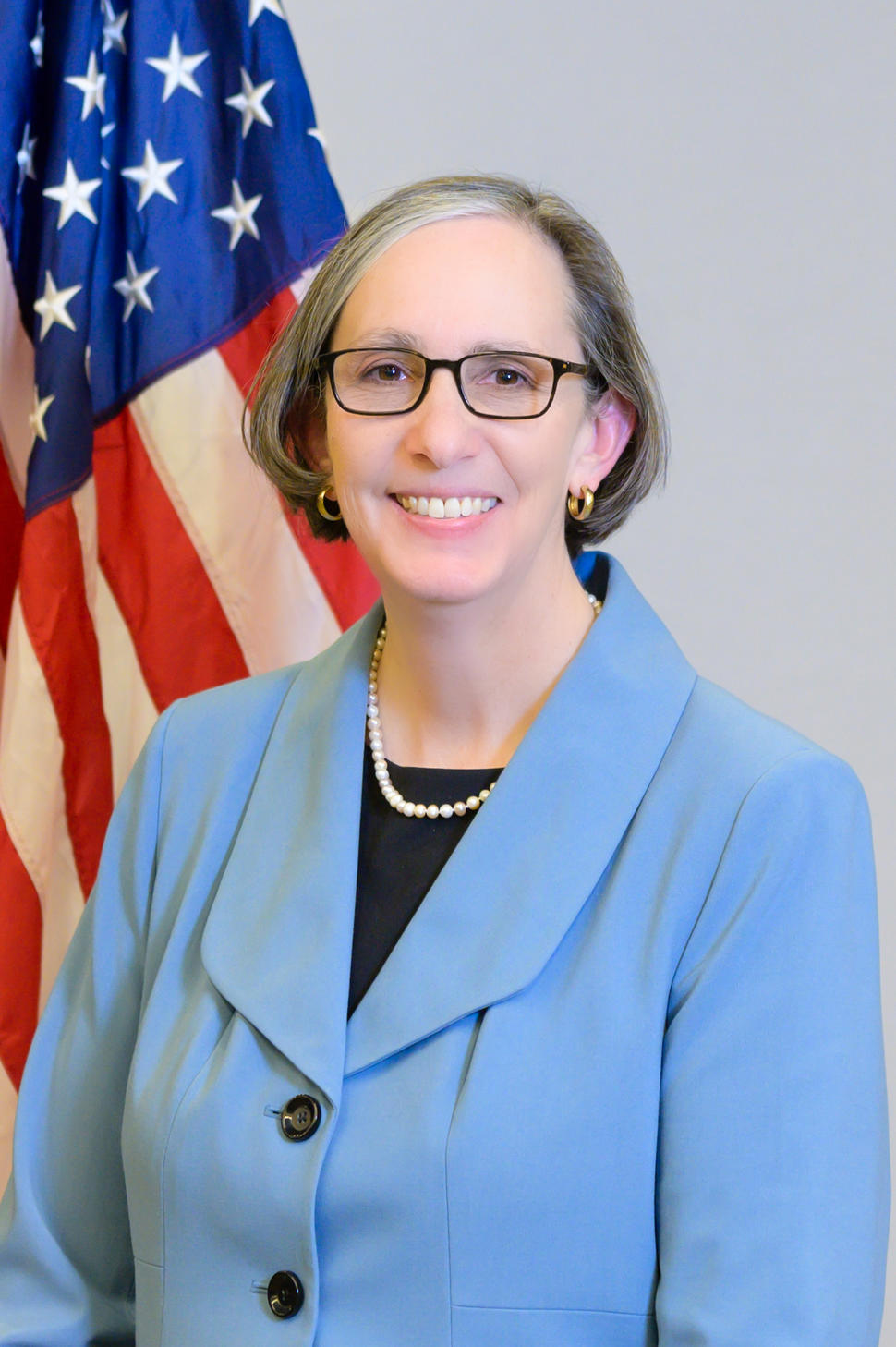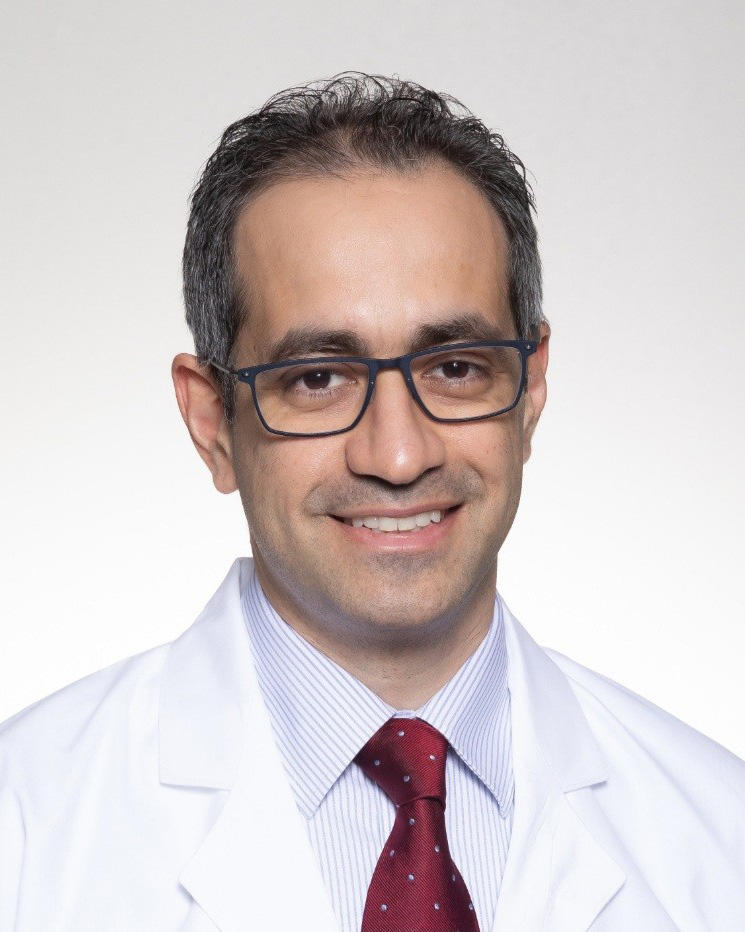,
by W. Kimryn Rathmell, M.D., Ph.D., and Shaalan Beg, M.D.
Due to advances in know-how, knowledge science, and infrastructure, the tempo of discovery and innovation in most cancers analysis has accelerated, producing a formidable vary of potential new remedies and different interventions which are being examined in scientific research. The extent of the revolutionary concepts which may assist folks stay longer, enhance our potential to detect most cancers early, or in any other case rework care is staggering.
Our understanding of tumor biology can be evolving, and people features in data are being translated into the continued discovery of targets for potential interventions and the event of novel kinds of remedies. A few of these therapies are producing unprecedented scientific responses in research, together with in historically difficult-to-treat cancers.
These advances have contributed to a document variety of Meals and Drug Administration (FDA) approvals in recent times with, arguably, essentially the most notable approvals being these for medication that may be used for any most cancers, no matter the place it’s within the physique.
In some situations, the exercise of recent brokers has been so profound that scientific investigators are having to rethink their standards for implementation in affected person care and their definitions of therapy response.
For instance, though HER2 has been a recognized therapeutic goal in breast most cancers for a lot of a long time, the brand new antibody–drug conjugates (ADCs) that concentrate on HER2 have confirmed to be vastly more practical than the unique HER2-targeted therapies. This has compelled researchers to rethink elementary questions on how these ADCs are utilized in affected person care: Can they be efficient in folks whose tumors have decrease expression of HER2 than we beforehand thought was wanted? And, if that’s the case, do we have to redefine how we classify HER2-positive most cancers?
As extra revolutionary therapies like ADCs hit the clinic at a much more speedy cadence than ever earlier than, the analysis neighborhood is being inundated with such basically vital questions.
Nevertheless, the exceptional progress we’re experiencing with novel new therapies is tempered by a important bottleneck: the scientific analysis infrastructure can’t be anticipated to maintain tempo on this new panorama.
At the moment, many research wrestle to enroll sufficient members. On the identical time, there are sufferers who don’t have prepared entry to research from which they could profit. Moreover, concepts researchers have right now for research of revolutionary new interventions may not come to fruition for two or 3 years, and even longer—years that folks with most cancers don’t have.
The important thing to overcoming this bottleneck is to ask innovation to assist reshape our scientific trials infrastructure. And right here’s how we plan to perform that.
Testing Innovation in Most cancers Medical Trials
A change in most cancers scientific analysis is already underway. That transformation has been led partly by the success of novel precision oncology approaches, similar to these examined within the NCI-MATCH trial.
This revolutionary examine ushered in novel methods of recruiting members and involving oncologists at facilities large and small. And NCI-MATCH has spawned a number of successor research which are incorporating and constructing on its improvements and achievements.
An innovation that emerged from the COVID pandemic was the rise of distant work, even within the scientific trials area. Certainly, staffing shortages have brought about participation in NCI-funded trials to say no. In response, NCI is piloting a Digital Medical Trials Workplace to supply distant assist employees to taking part examine websites. This assist employees contains analysis nurses, scientific analysis associates, and knowledge specialists, all of whom will assist NCI-Designated Most cancers Facilities and neighborhood practices engaged in scientific analysis actions.
Such technology-enabled companies can permit us to reimagine how scientific trials are designed and run. This contains creating applied sciences and processes for remotely figuring out scientific trial members, delivery drugs to members at house, having imaging carried out within the well being care settings the place our sufferers stay, and empowering native physicians to take part in scientific trials.
We additionally want mechanisms to check and implement improvements in designing and conducting scientific research.
The Pragmatica-Lung Most cancers Therapy Trial, an revolutionary section 3 examine launched by NCI’s Nationwide Medical Trials Community (NCTN), was designed to be simple to launch, enroll members, and interpret its outcomes.
NCI just lately established the Medical Trials Innovation Unit (CTIU) to strain take a look at quite a lot of improvements. The CTIU, which incorporates management from FDA and NCTN, is already engaged on future improvements, together with these that may streamline knowledge assortment and apply novel approaches to scientific research, all with the objective of creating them much less burdensome to run and simpler for sufferers to take part.
Knowledge-Pushed Options
The period of data-driven well being care is right here, offering nonetheless extra alternatives to remodel most cancers scientific analysis.
The emergence of synthetic intelligence (AI) options, massive language fashions, and informatics brings actual potential for wholesale modifications in how we match sufferers to scientific research, assess unwanted side effects, and monitor occasions like illness development.
Recognizing this potential, NCI is providing funding alternatives and different sources that may gasoline the event of AI instruments for scientific analysis, permit us to fastidiously take a look at their usefulness, and finally deploy them throughout the oncology neighborhood.
Creating Partnerships and Increasing Well being Fairness
To make sure, none of this shall be, or could be, executed by NCI alone. All these improvements require partnerships. We are going to enhance our engagement with companions in the private and non-private sectors, together with different authorities businesses and nonprofits.
That features high-level engagement with the Workplace of the Nationwide Coordinator for Well being Info Know-how (ONC), with enter from FDA, Facilities for Medicare & Medicaid Providers, and Facilities for Illness Management and Prevention.
One instance of such a partnership is the USCDI+ Most cancers program. Carried out underneath the auspices of the ONC, this program will additional the goals of the White Home’s reignited Most cancers MoonshotSM by encouraging the adoption and utilization of interoperable most cancers well being IT requirements, offering sources to assist cancer-specific use circumstances, and selling alignment between federal companions.
And simply as importantly, the brand new partnerships we create should embrace these with sufferers, advocates, and communities in methods we now have by no means thought-about earlier than.
A central characteristic of this neighborhood engagement should contain intentional efforts to broaden well being fairness, to create examine designs which are inclusive and culturally acceptable. Far too many marginalized communities and populations right now are additional harmed by research that fail to offer findings that apply to their distinctive conditions and wishes.
Very importantly, the long run would require educating our subsequent technology of scientific investigators and empowering them with the instruments that allow new methods of managing scientific research. By supporting initiatives spearheaded by FDA {and professional} teams just like the American Society of Medical Oncology, NCI is making it simpler for neighborhood oncologists to take part in scientific trials and serving to make clear beforehand misunderstood regulatory necessities.
These efforts should additionally be sure that we now have a scientific analysis workforce that’s consultant of the folks it’s supposed to serve. Far too many structural limitations have prevented this from happening previously, and it’s time for that to vary.
Increasing our capability doesn’t imply doing extra of the identical, it means difficult ourselves to work in another way. This can allow us to transfer ahead to a brand new state, one wherein scientific analysis is built-in in on a regular basis apply. It’s only with extra strategic partnerships and elevated inclusivity that we are able to open the doorways to seeing scientific investigation in new methods, with new requirements for achievement.
A Collaborative Effort
To make the sort of progress all of us need, we now have to acknowledge that our scientific research system must evolve.
There was a time when taking years to design, launch, and full a scientific trial was acceptable. It isn’t acceptable anymore. We’re in an period the place we now have the instruments and the analysis expertise to make much more speedy progress than we now have previously.
And we are able to do this by participating with many various communities and stakeholders in distinctive and dynamic methods—making them companions in our effort to finish most cancers as we all know it.
Collectively, our process is to capitalize on this work so we are able to transfer quicker and allow cutting-edge analysis that advantages as many individuals as doable.
We additionally know that there are extra good concepts on this house, and a part of this transformation contains grass roots efforts to drive systemic change. So, we encourage you to share your concepts on how we are able to rework scientific analysis. As a result of reaching this objective can’t be executed by anyone group alone. We’re all on this collectively.



